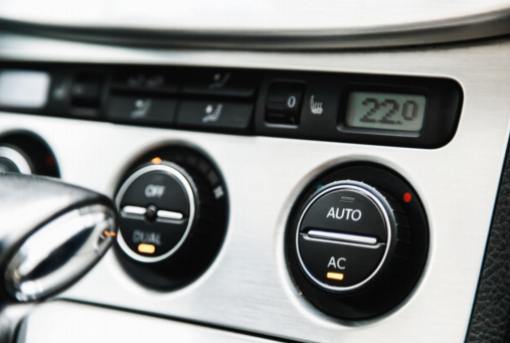The air conditioning compressor is a crucial component of your vehicle's AC system, responsible for pressurizing and circulating the refrigerant. When this component begins to malfunction, it can have a significant impact on the overall performance and comfort of your car. Understanding the signs of a failing AC compressor is essential for timely diagnosis and repair, to ensure your driving experience remains enjoyable, especially during hot summer months. In this article, we will explore the various symptoms that indicate a malfunctioning AC compressor, enabling you to identify and address potential issues before they lead to a complete system failure.

Symptoms of a Malfunctioning AC Compressor
The AC compressor is an essential component of your car's air conditioning system, and when it starts to malfunction, there are several symptoms that you may notice. These include warning sounds from the compressor, inconsistent cooling and temperature fluctuations, presence of leaks and moisture around the AC system, electrical issues and clutch failures, visual inspection and wear signs, as well as AC performance problems that can impact your driving comfort. Understanding these signs can help you identify and address any issues with your car's AC compressor before they become major problems.
Warning Sounds from the Compressor
If you hear grinding, squealing, or other loud noises when your AC is running, it could indicate that the compressor is struggling and in need of repairs. These sounds may be caused by worn-out bearings, a loose clutch, or other internal issues within the compressor. It's important to address these warning signs as soon as possible to prevent further damage to the AC system and avoid costly repairs down the line.
Inconsistent Cooling and Temperature Fluctuations
Inconsistent cooling and temperature fluctuations in your car's air conditioning system can be a sign of a failing compressor. When the compressor is not functioning properly, it may struggle to maintain a consistent cooling level, resulting in fluctuations in temperature inside the vehicle. This can lead to discomfort for the driver and passengers, especially during hot weather. It is important to address these issues promptly to ensure the smooth functioning of the air conditioning system.
Presence of Leaks and Moisture around the AC System
The presence of leaks and moisture around the AC system can indicate a failing air conditioning compressor. Leaking refrigerant can lead to reduced AC performance and, if left unaddressed, can cause further damage to the compressor. Additionally, moisture buildup can lead to corrosion and other issues within the AC system. It is important to address any leaks or moisture around the AC system promptly to prevent further damage and ensure the proper function of the air conditioning compressor.
Electrical Issues and Clutch Failures
The electrical system in the AC compressor is critical for its proper functioning, and any issues with the electrical components can lead to the compressor not turning on or failing to operate efficiently. Additionally, clutch failures can result in the compressor not engaging properly, leading to a lack of cooling in the car. It is important to address these issues promptly to ensure proper functioning of the air conditioning system in the vehicle.
Visual Inspection and Wear Signs
One of the most common signs of wear is the presence of leaking refrigerant oil around the compressor. This can indicate a malfunctioning seal or an internal component failure. Additionally, a worn-out or damaged clutch may show signs of excessive wear, such as grooves or uneven wear patterns on the surface.
Furthermore, any visible damage to the compressor housing, such as dents, cracks, or rust, can also indicate a potential problem. It's important to thoroughly inspect the entire compressor unit for any signs of wear or damage that may affect its performance.
AC Performance Problems and Impact on Driving Comfort
When the AC compressor is failing, it can lead to a decrease in cooling efficiency, resulting in uncomfortable driving conditions. This can be particularly noticeable during long drives or in heavy traffic, where the interior of the car can quickly become hot and stuffy. In addition, inconsistent cooling and temperature fluctuations can make it difficult to maintain a comfortable driving environment, leading to distractions and potential safety hazards on the road. It is important to address any issues with the AC compressor to ensure a pleasant and comfortable driving experience.
